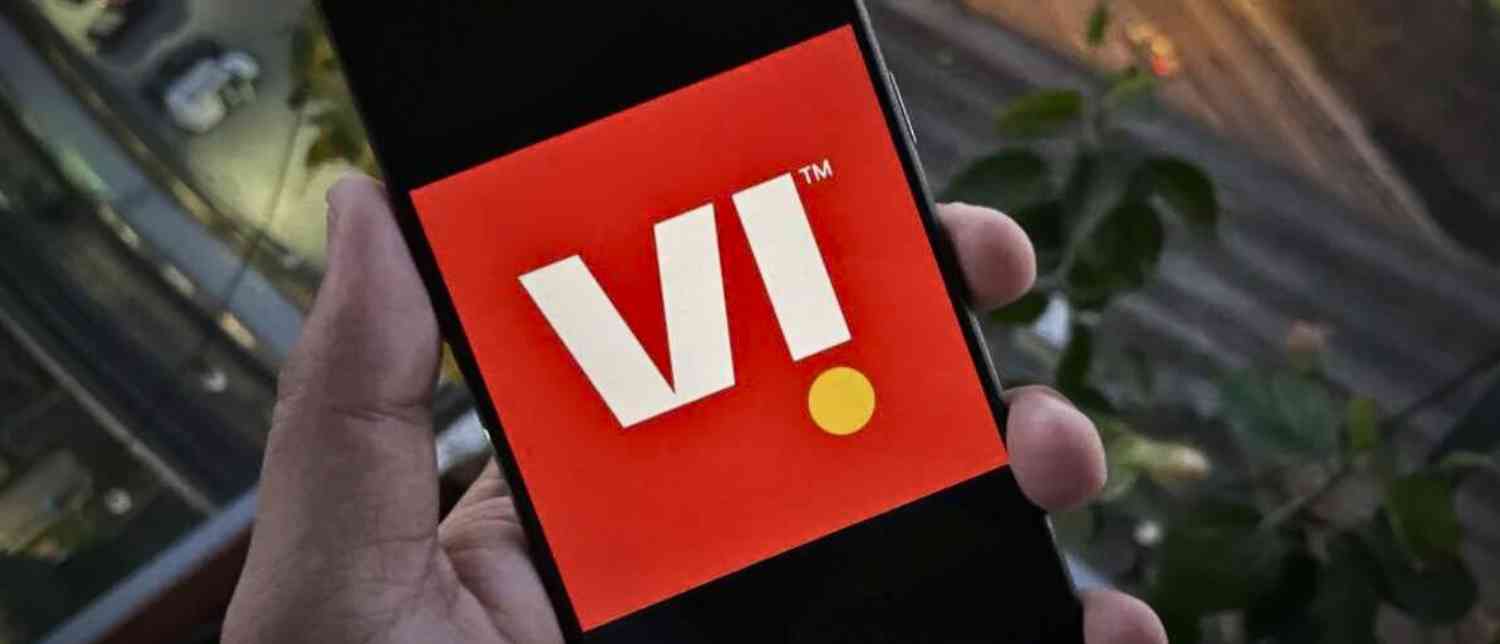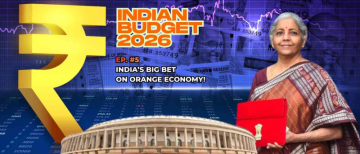In a significant development for Vodafone Idea, the Supreme Court of India has allowed the Centre government to reconsider the telecom operator’s Adjusted Gross Revenue (AGR) dues, offering a major reprieve for the financially strained company. This decision opens a new chapter in the long-standing AGR dispute and provides a hopeful outlook for Vodafone Idea’s future in India’s competitive telecom market.
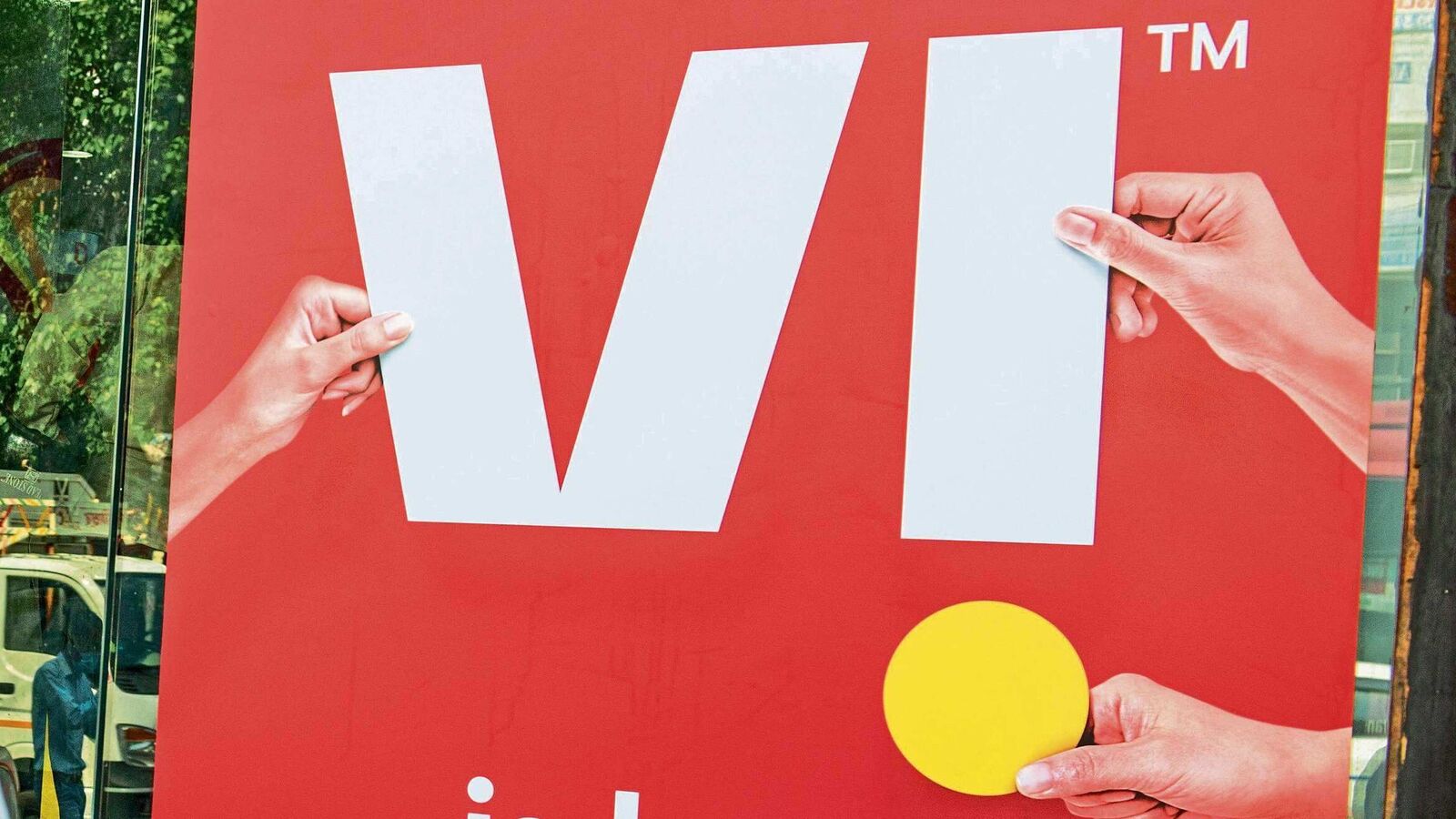
What is AGR and Why Does it Matter?
AGR is a financial metric used by the government to calculate licence fees and spectrum usage charges payable by telecom companies. The dispute arises from how AGR is defined—whether it should include only core telecom revenue or encompass non-telecom income like interest and asset sales. This definition heavily affects the amount companies owe.
In a landmark 2019 verdict, the Supreme Court upheld the Centre’s broad definition and allowed the government to seek dues amounting to approximately Rs 92,000 crore from telecom firms. This ruling imposed a heavy financial burden on companies such as Vodafone Idea and Bharti Airtel.
The Recent Relief and Its Impact
Vodafone Idea had approached the Supreme Court to challenge additional AGR demands raised by the Department of Telecommunications, seeking reassessment to account for alleged calculation errors and duplication of entries. The company is contesting dues of around Rs 9,450 crore and the government’s demand for Rs 5,606 crore for the period up to fiscal year 2016-17.
On October 27, 2025, the Supreme Court allowed the Centre government the discretion to reassess these dues, recognizing it as a policy matter within the government's jurisdiction. This paves the way for the Centre to potentially relax or restructure the dues, providing Vodafone Idea breathing space to address its massive debt and financial stress.
Following this ruling, Vodafone Idea’s shares surged by nearly 9%, reflecting investor optimism about the company's prospects and potential relief from its debt burdens. The government's recent infusion of equity—holding nearly half the company’s shares—underlines its commitment to stabilizing the operator, which serves more than 200 million consumers in India.
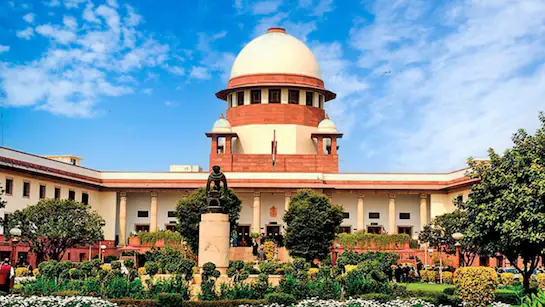
The AGR dispute has long been a source of tension in India’s telecom sector, contributing to the financial distress of operators, reduced investments, and slower technological upgrades such as 5G deployment. Critics argue the broad definition of AGR was onerous, while supporters say it ensures fair payments to the government for public resources like spectrum.
By allowing the Centre to reassess Vodafone Idea’s dues, the Supreme Court signals a more pragmatic approach balancing fiscal responsibility with the need to maintain a stable telecom ecosystem for millions of users. Keeping Vodafone Idea viable aligns with broader government goals of preserving competition and encouraging investment in telecommunications infrastructure.
What Lies Ahead?
While the judgement is a relief, the final outcome depends on the government’s policy decisions and terms of reassessment. Vodafone Idea aims to resolve the dispute to free up capital for network improvements and new technology rollouts. The case highlights the delicate balance between regulatory policies, corporate liabilities, and consumer interests in a vital sector.
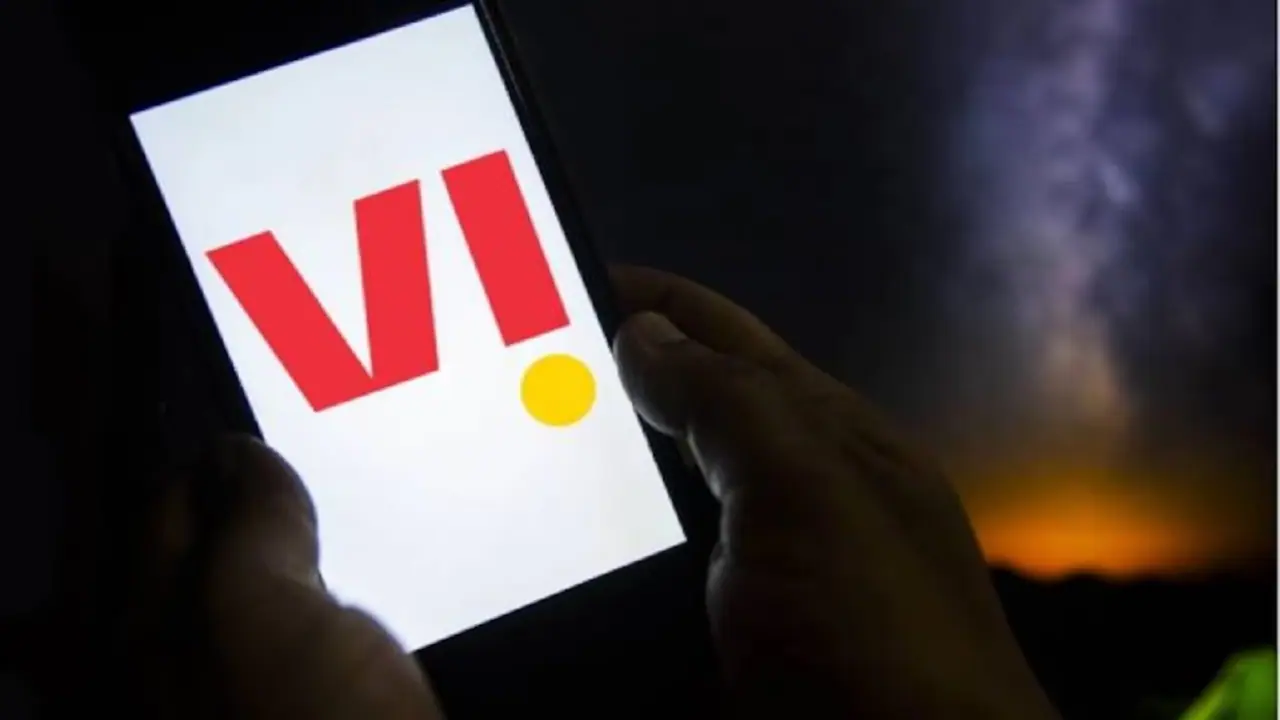
As this story unfolds, stakeholders across the industry will watch keenly how the reassessment process against the backdrop of evolving telecom policies will reshape the fortunes of Vodafone Idea and the sector’s future trajectory.
With inputs from agencies
Image Source: Multiple agencies
© Copyright 2025. All Rights Reserved. Powered by Vygr Media.

